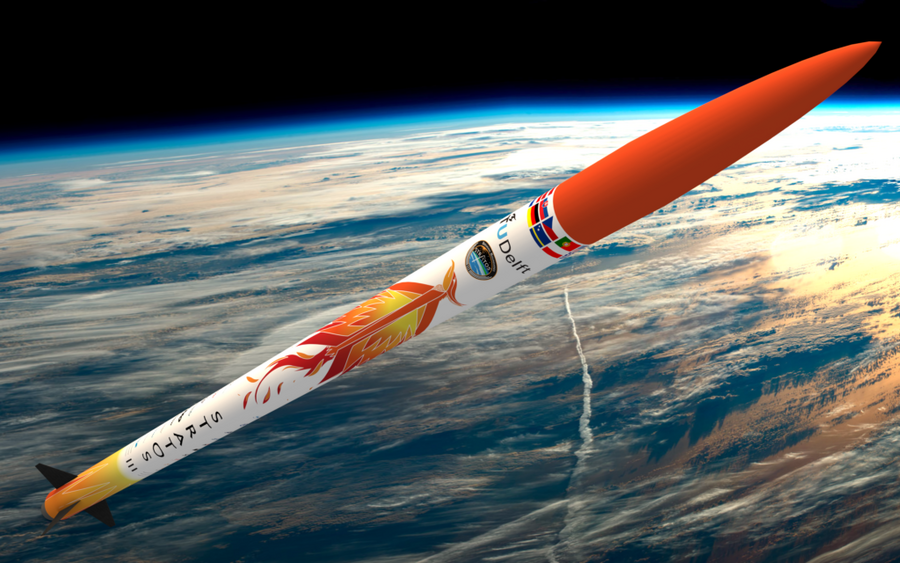Engine testing is done in the same way and for the same duration that will be needed during an actual launch. The idea is to replicate as close as possible how the engine will be used on a space mission. That is why there is a saying in the rocket business: “Test Like You Fly, Fly Like You Test”.
Because of the cost and risk associated with developing and testing an engine, a reliable test setup is vital. Maintaining system consistency and accuracy in a harsh environment is putting stringent requirements on the data acquisition equipment. DAQ systems must be able to record, display and process up to 2000 different parameters, varying from pressures, flow rates, vibrations and temperatures. Real-time sample rates may vary form 10 Hz to several kHz. The Q.series’s accuracy, flexibility and reliability makes it the data acquisition system of choice for world’s leading engine manufacturers and engine testing facilities.

Please read the full article on our measurement solution for rocket engine testing on page 76 in the Aerospace Testing International Showcase 2018.
More articles
Fuel Cells: Advanced Measurement Techniques and Navigating the Hydrogen Market
The energy landscape is in a state of flux, shifting towards sustainable practices, and fuel cells have risen as a promising beacon of renewable energy. The mastery of fuel cells, their inner workings, and the nuances of their measurement, is central to this paradigm shift towards green energy. These devices, which are essentially electrochemical cells that transform chemical energy into electricity, promise a more sustainable, carbon-neutral future, provided we can harness their full potential. This blog post delves into the captivating scientific universe of fuel cell measurement, elaborating on the methodologies, complexities, challenges, and breakthroughs that make fuel cell technology so intriguing.
Read more...Long term Volcano Monitoring – A field study
Monitoring volcano activity is an important issue in the mitigation of natural hazards. Recently, most fatal issues occurred on volcanoes with low-energy and moderate activity, making them attractive touristic places (e.g., the 2014 Mount Ontake eruption in Japan). For these types of volcanoes, monitoring involves multiphysics measurements on dense networks. Distributed networks of sensors must be easily adapted to the volcano’s evolving state and the appearance of new active areas like fumaroles or high heat flux in the soil.
Read more...Instrumentation Live 2025, United Kingdom
GI Systems Ltd, representing Gantner Instruments, is excited to announce its participation in Instrumentation Live, scheduled for Wednesday, January 22nd, at the prestigious UK National Motorcycle Museum in Birmingham.
Read more...
